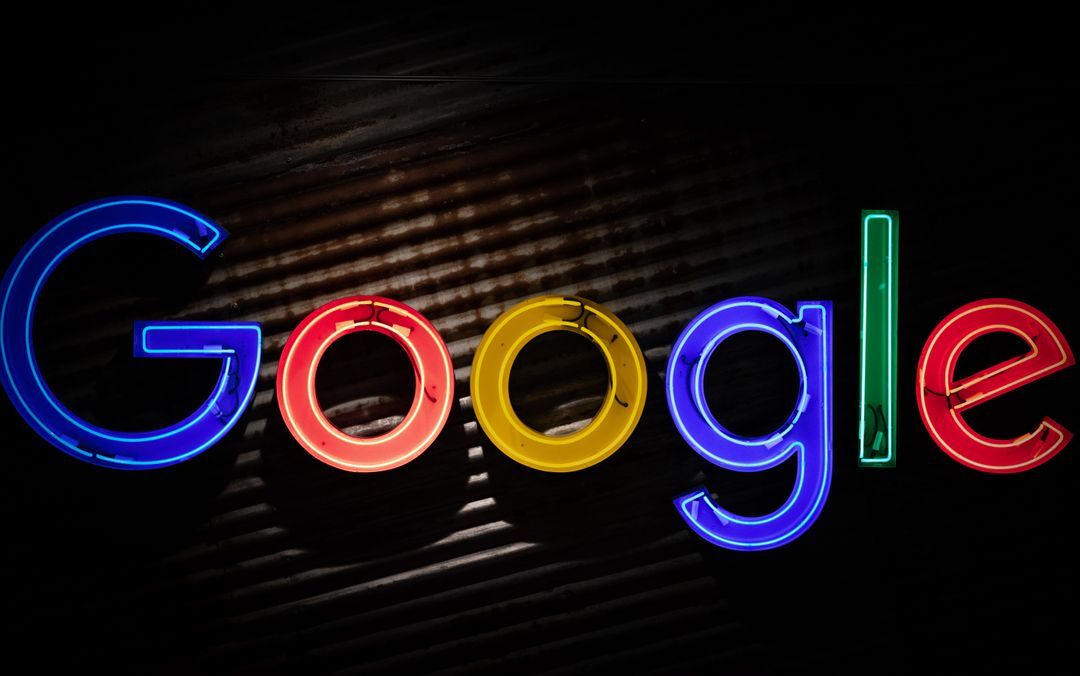- Google will require identity verification for all Android app developers starting 2026.
- The rollout begins regionally in Brazil, Indonesia, Singapore, and Thailand.
- Independent, student, and hobbyist developers have tailored verification options.
Google is ramping up security across the Android ecosystem by introducing mandatory developer identity verification, the company announced Monday. Starting next year, all developers distributing apps on Android devices—including through sideloading or alternative app stores—will need to verify their identities. The move aims to reduce malware, financial fraud, and data theft while keeping Android open for non-Play Store distribution.
Why Google Is Making This Change
Google’s data shows that sideloaded apps are a major source of malware, with more than 50 times the threats compared to apps distributed through Google Play. Since 2023, developer verification has been mandatory on the Play Store, and now the initiative is expanding to cover all Android devices gradually. Google hopes this broader verification will make it harder for bad actors to hide behind anonymity while distributing harmful apps.
Timeline and Global Rollout
Developers can register for early access in October 2025 to test the verification system. By March 2026, verification will be mandatory for all developers. Regional rollouts will begin in September 2026 in Brazil, Indonesia, Singapore, and Thailand. By 2027, Google plans a global rollout affecting all certified Android devices.
What Developers Need to Know
The verification process requires developers to provide legal name, address, email, and phone number. Independent developers may need to register as a business to protect personal privacy. Student and hobbyist developers will have access to a separate type of Android Developer Console account tailored to their needs, ensuring the system accommodates both commercial and casual app creators.
This move could reshape Android app distribution, pushing developers toward verified accounts while significantly reducing risks from malware and scams. By aligning with similar measures Apple has implemented in the EU under the Digital Services Act, Google is signaling a stronger commitment to user security without fully closing off alternative app distribution paths.
Also Read: Google Flight Deals: AI-Powered Tool Makes Finding Cheap Flights Easier
Google’s new developer verification represents a pivotal shift in Android security, aiming to protect users while maintaining the platform’s openness. Developers and users alike should prepare for a safer, more accountable app ecosystem over the coming years.
Disclaimer: The information in this article is for general purposes only and does not constitute financial advice. The author’s views are personal and may not reflect the views of CoinBrief.io. Before making any investment decisions, you should always conduct your own research. Coin Brief is not responsible for any financial losses.




